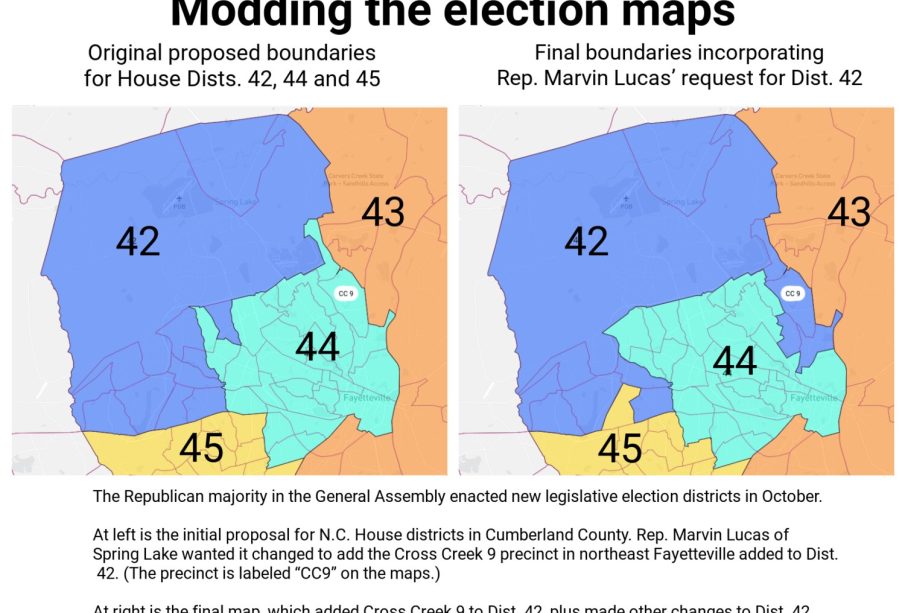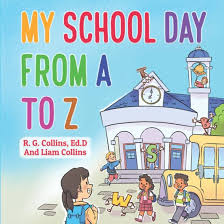Understanding Gerrymandering and Its Impact on Elections

Introduction
Gerrymandering is a significant topic in the realm of politics and electoral fairness. Defined as the manipulation of electoral district boundaries to favour a particular political party or group, it raises serious concerns about the integrity of elections. This practice can distort representation, leading to outcomes that do not accurately reflect the will of the voters. As elections approach both in the United Kingdom and the United States, understanding the implications of gerrymandering is more crucial than ever.
Current Developments
Recently, the issue of gerrymandering has taken centre stage in various court cases across the United States. In a landmark 2022 ruling, the U.S. Supreme Court upheld a decision in North Carolina that deemed certain district maps as unconstitutional due to partisan gerrymandering. This ruling has led to renewed discussions about the need for independent commissions to oversee the redistricting process. The movement toward establishing such commissions is gaining momentum as various states look to mitigate the negative effects of gerrymandering.
In the United Kingdom, gerrymandering is less commonly referred to; however, concerns about boundary adjustments do arise, particularly with the upcoming boundary review for parliamentary seats. The Boundary Commission for England is tasked with ensuring that constituencies are fairly represented, but historical precedence shows that manipulation has occurred. The Labour Party and Scottish National Party have consistently raised alarms about potential biases in proposed changes.
Implications for Democracy
The implications of gerrymandering extend beyond immediate electoral outcomes. By creating districts that favour one party, gerrymandering can diminish voter engagement and contribute to political polarization. Voters may feel their votes matter less if they believe their district is heavily biased towards a particular party. This can eventually lead to lower turnout rates and a general disillusionment with the democratic process.
Conclusion
As political landscapes evolve, the conversation surrounding gerrymandering is vital for voters and policy-makers alike. Ensuring fair representation involves ongoing scrutiny of how district boundaries are drawn. As states like North Carolina forge ahead with legislative changes, the need for electoral reforms that promote fairness and transparency remains paramount. The significance of gerrymandering cannot be overstated, as it not only influences elections but also shapes the broader democratic ethos.









